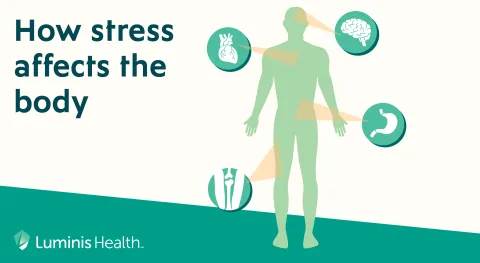
In today’s world, the pressures of being a teenager can be overwhelming. Not only are teens consistently pressured to do well academically and excel in extracurricular activities, but they also face pressure to be part of the crowd. On top of that, add in the struggles of peer harassment or even being the subject of online harassment. Life can quickly become one of misery. A school day can feel like an eternity and, at home, the effects of that day are far from over.
Teenage peer-to-peer harassment occurs frequently, but the conversation at home and in school is rare. It can lead to feelings of low self-esteem, anxiety, school refusal and depression. You and your teen should know how to identify harassment.
Here are some important things to know:
- Harassing behaviors often start in childhood. These behaviors among young children are often characterized as “boys will be boys” or as children just being playful. Harassment does not start in a day. It is a behavior that develops over time. Correcting the behavior early on will lead to more appropriate behaviors during your child’s teenage years.
- Harassment is also verbal. Jokes, innuendos, slurs, name-calling and insults can have a traumatic and lasting effect. Oftentimes, verbal abuse starts in the home. Assess your family’s communication and stop using names and negative labels. It is important to model appropriate language and actions.
- Boys face harassment, too. We often think about harassment when it comes to girls, but boys do fall victim. Boys are less likely to talk about harassment or even consider the actions that have been taken against them as a form of harassment. Look for changes in behaviors, like becoming solitary or avoiding people or places they used to enjoy. Be sure to keep an open dialogue.
Here are some tips to help you:
- Don’t dismiss your teenager’s concerns. Make them feel comfortable to talk to you if someone is repeating negative behavior toward them. Knowing that you are on their side will ease pain and embarrassment.
- Talk about social media. Smartphones, online messaging and social media sites make it easy for people to harass. You should also talk to your teenager about unwanted sexual advances, which can happen on any digital platform.
- Know the policies of your teenager’s school. Contact the school if your son or daughter is being harassed. Be sure to talk regularly with your child and with school staff to see whether the bullying has stopped and not increased.
Teens are likely to feel that some behaviors are just normal teenage behavior that they have to deal with. Yet, the behaviors are truly making them feel uncomfortable and negatively affecting their self-esteem and sense of belonging. If your child comes to you with concerns of harassment, be sure to listen, come from a place of understanding and then, together, formulate a plan to stop it.
For more information about Behavioral Health Care at Luminis Health or to schedule an appointment visit Luminis.Health/BehavioralHealth.



